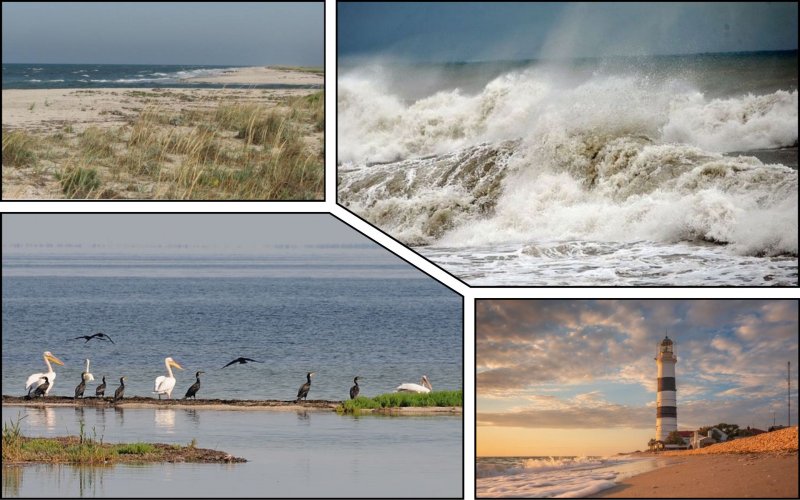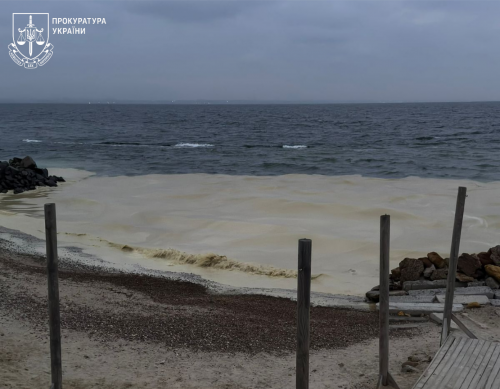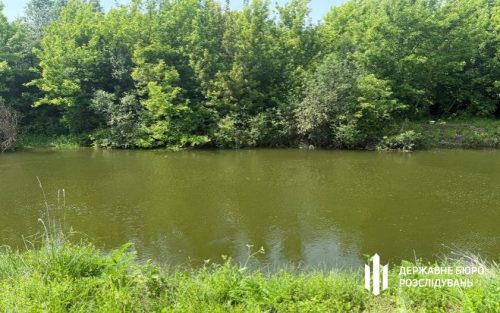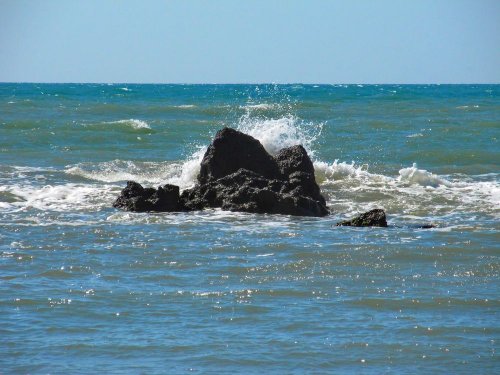In late November, the Black Sea experienced the most powerful storm in the last 100 years, which effectively washed away the Dzharylgach and Tendra spits.
Analysis of satellite imagery showed that the storm destroyed the entire landscape of the spits and probably the flora and fauna, the Ukrainian Nature Protection Group reported on Facebook.
Environmental activists said that the waves broke through 7 sinkholes on the Tendra Spit and 3 on the Dzharylgach Spit. All the habitats along the Dzharylgach seashore have been destroyed, and the sandy beach has expanded by an additional 70-100 meters. Apparently, even the Gustave Eiffel lighthouse now stands in the middle of the sea.
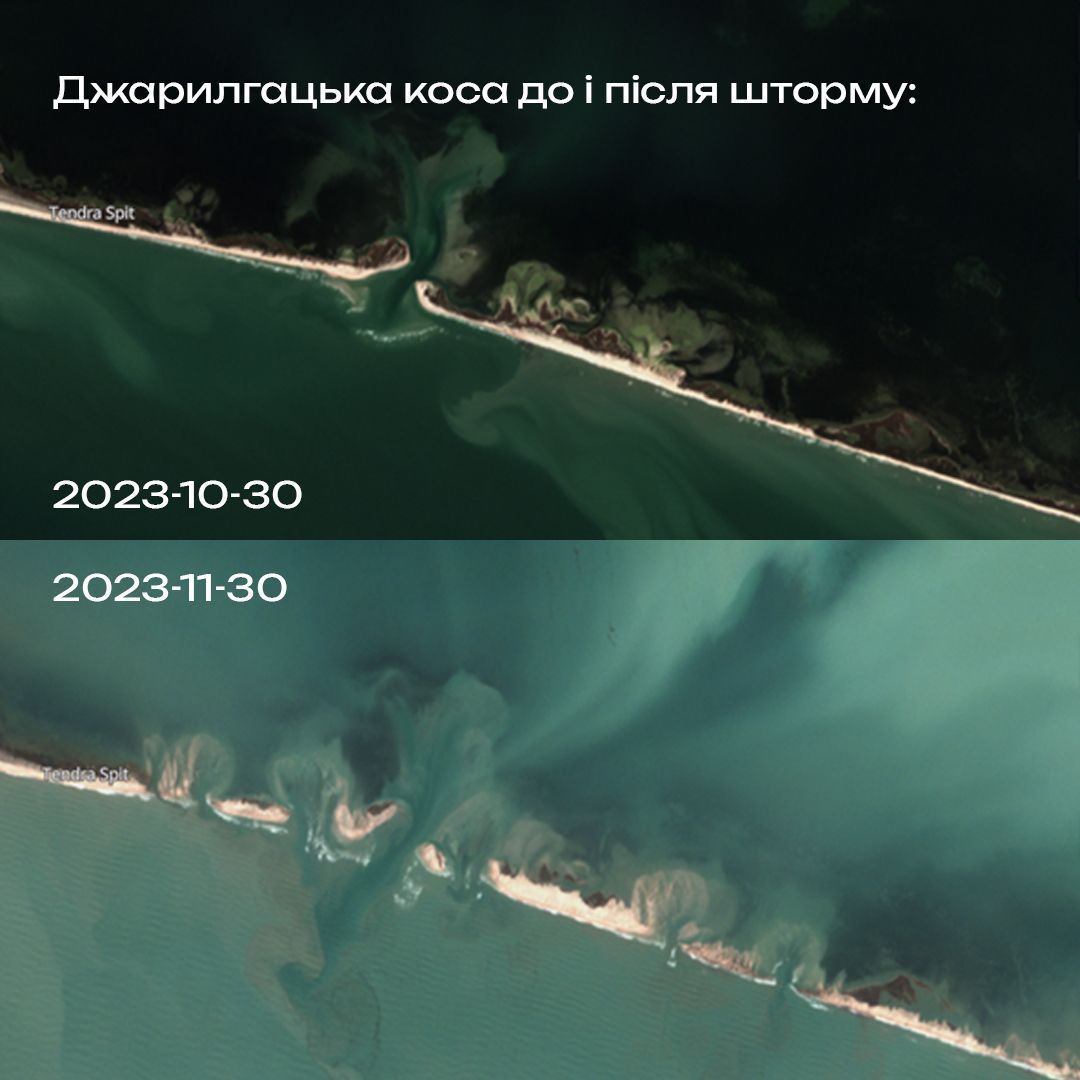
facebook.com/UkrainianNatureConservationGroup
"The storm caused damage to the infrastructure of the temporarily occupied Crimea, limited the ability of the occupiers to use the fleet (which we are very happy about). However, damage has also been caused to Ukrainian nature conservation territories," they emphasized.
The report noted that the spits of the northern shore of the Black and Azov Seas are a unique natural phenomenon. Under the influence of waves and sea currents, they "rise" from the seabed to the surface. Thanks to this regime, valuable natural complexes have been formed.
It is noted that the spits were home to Red Book reptiles and amphibians. They probably died as a result of the storm. In addition, the last primary areas of the sea coast with open beaches available for nesting and resting birds during migrations have been preserved in these areas. The spits' vegetation was represented by typical coastal and Red Data Book species.
Environmental activists said that five types of habitats protected by Resolution 4 of the Bern Convention were formed on the spits and in their bays:
- A2.5 Coastal salt marshes and salted reed thickets;
- A2.61 Seagrass thickets on coastal sediments;
- B1.1 Sandy beaches of the surf line;
- B1.3. Mobile seaside dunes;
- X02 Salty seaside lagoons.
They assumed that about 10,000 hectares of natural areas were affected by the storm. However, the landscape will recover over time. In addition, the ravines in the Dzharylgatsky spit will prevent the water in the bay of the same name from silting up, which would be very dangerous for many rare species: from sea grasses and crabs to cetaceans.
“The storm, like any increase in peak weather events, is a consequence of global climate change caused by plowing, deforestation and fossil fuel use. The storm may turn out to be the first in the new reality of a changed climate," the UPG emphasized.
Earlier, EcoPolitic wrote, that on the occupied island of Dzharylgach in the Kherson region, where a fire lasted for almost a week, which destroyed the entire protected zone of the nature park on the territory of more than 1,500 hectares.
As EcoPolitic previously reported, the administration of US President Joe Biden announced the allocation of $3.7 billion to start an American industry removal of carbon dioxide from the atmosphere. After all, old carbon pollution is already causing significant damage associated with climate change, in particular stronger storms, floods and forest fires.

